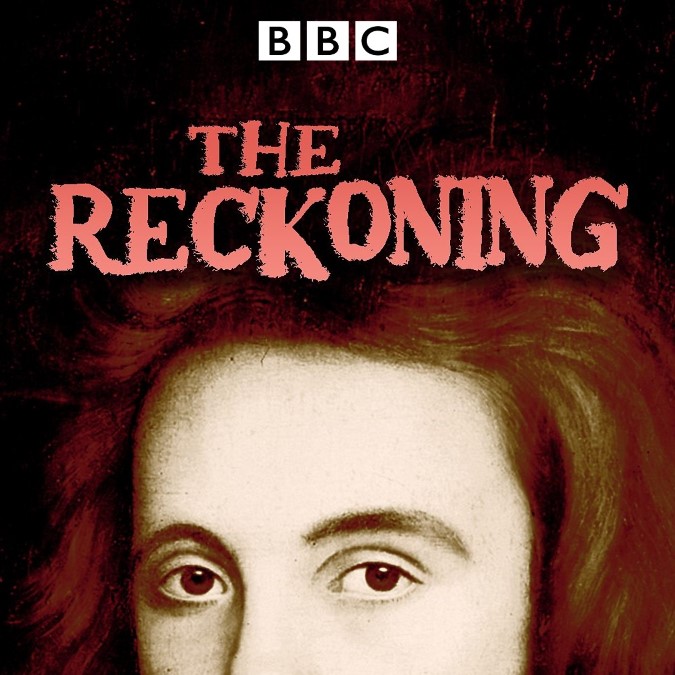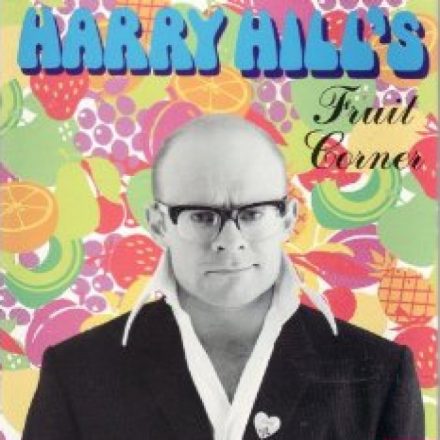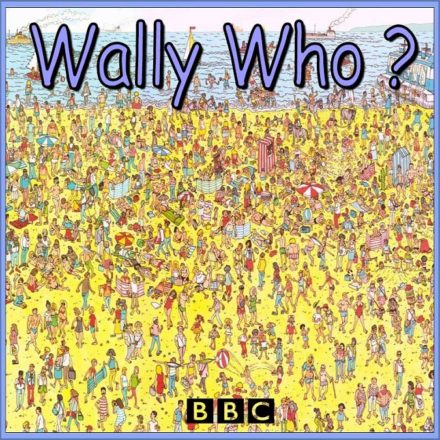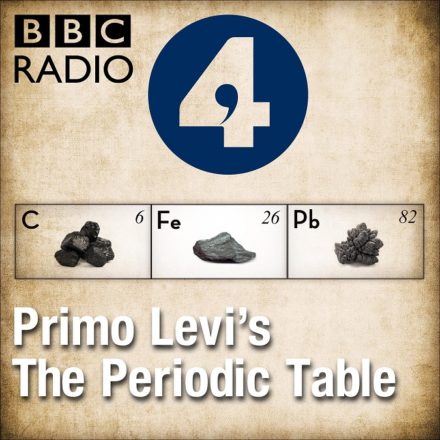Members get information about when streams/downloads become available, as well as accessing podcast RSS feeds for freely-available content to make listening to great shows a breeze, Register Here
It’s London, 1593. Christopher Marlowe, a young writer, is fatally stabbed in a Deptford lodging house because of a disagreement over the bill. There’s an investigation, the witnesses are interrogated, and the suspect walks free. The authorities find that Marlowe was the aggressor and was killed in self-defence.
History says it was just a drunken quarrel, nothing more. But Charles Nicholl thinks it was murder, and an unsolved murder never grows old.
In this series, Nicholl traces Marlowe’s political and intelligence dealings, explores the shadowy underworld of Elizabethan crime and espionage, and penetrates a complex and chilling story of entrapment and betrayal.
Christopher Marlowe was a playwright and in 1593 his star was at its height. More than any, he was the writer who influenced Shakespeare and had he lived there would have been two stars in that constellation. But he died at the age of 29 and how and why he died – thereby hangs a tale.
This is a true story. The people in it are real people, the events are documented, the words were spoken, though we have invented some of them, and set them in a modern idiom for the sake of clarity. But this true story is also a mystery, a jigsaw with many pieces missing, and the spaces have to be filled with what historians call speculation and detectives call hunches. Using drama, we show what might have happened – what could have happened – maybe even what did happen.
Charles Nicholl’s book The Reckoning is the winner of the James Tait Black Memorial Prize for Non-Fiction and the CWA Gold Dagger Award for Non-Fiction.
Episode List
- 01 – What Feeds Me Destroys Me
- 02 – Secret Servants
- 03 – The Price of Silence


















